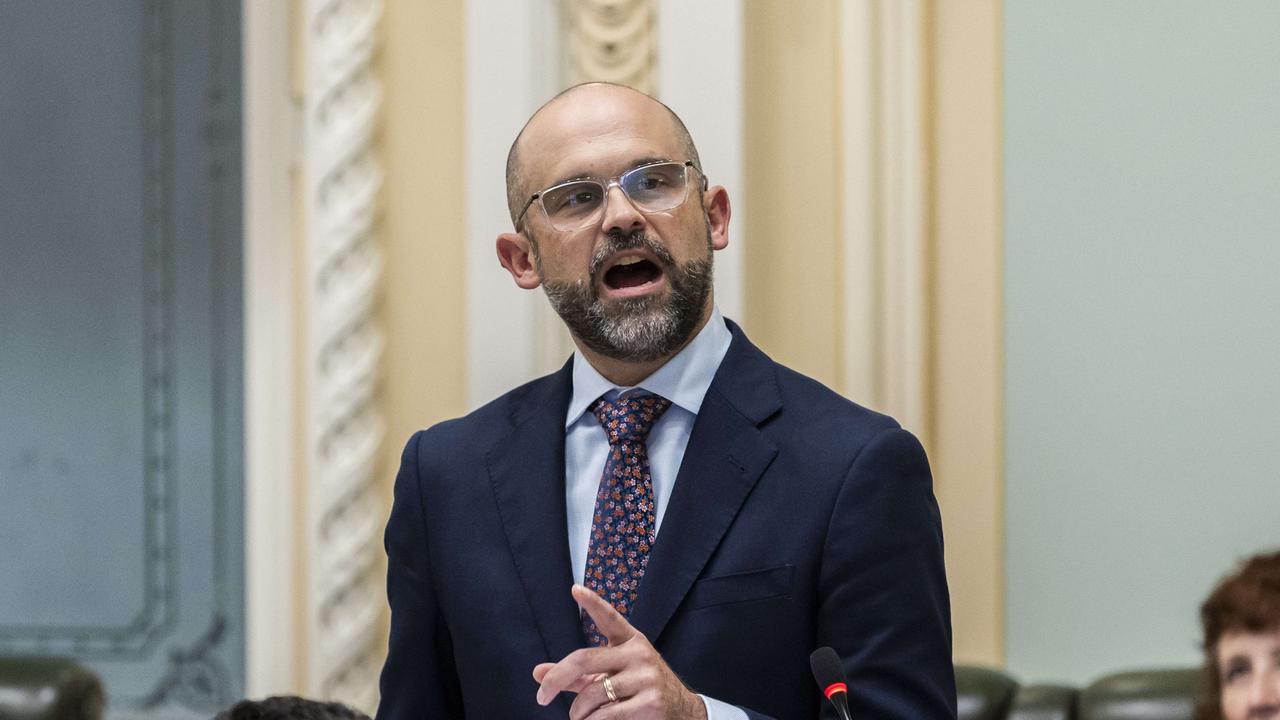Blockchain trial to combat fake goods
Australia’s TBSx3 has completed one of the largest trials of Blockchain technology to secure cargo.
Australian blockchain outfit TBSx3 has completed one of the largest trials of the technology to secure cargo across the global supply chain, with company founder Mark Toohey hailing it as a first step in combating the trade of counterfeit goods.
TBSx3 has developed a blockchain-based verification system that it says delivers military-grade security across global supply chains. The company said its use of 44 alphanumeric character security cryptography, compared with the more commonly used six-digit public cryptography, allowed it to secure the entire chain of custody.
TBSx3 managed to get the co-operation of some of the biggest names in the freight business for the trial. DP World Australia, DB Schenker and Hamburg Sud all took part.
KPMG advised TBSx3 on the trial and verified the handovers for the integrity of the product during its journey from Coonawarra in South Australia to the port of Qingdao in northeastern China. The product in question was a bottle of wine from producer Ius.
Mr Toohey said the system was geared to ensure the end customer received the genuine article. “A ‘whole of chain’ global supply chain security environment that has a military precision and force, and that can constantly monitor product movements anywhere at any time, is an absolute necessity,” he said. “A bits and pieces security mosaic is no longer enough.”
The “chain” consists of every link in how goods are created, distributed and delivered to the consumer. It’s a process that covers long distances and several stages, all of which remain mostly opaque for customers. Mr Toohey said this lack of transparency often could have dire consequences, as seen in the rampant global trade of fake pharmaceuticals. The OECD has estimated that the global trade in fake goods is worth nearly $US500 billion a year: international police agency Interpol has estimated that fake pharmaceuticals kill more than a million people each year.
TBSx3’s solution, using a distributed blockchain ledger, manages every custodial link during the cargo’s journey and verifies that the product at the end of the chain is genuine.
“In terms of the numbers of partners simultaneously involved and the challenges posed for resolution of integration with multiple existing proprietary security systems, we believe this can be developed to become a new security benchmark,” TBSx3 chairman Anthony Bertini said.
DP World Australia boss Paul Scurrah said TBSx3’s promise of transparency and security was very attractive for operators.
“We operate under very safe security systems but we always need to stay one step ahead,” Mr Scurrah said.
“We are keen to explore how we can avoid the trench warfare of centralised data systems with massive hacker attacks and equally massive static defences, which has characterised so much of online digitised security — up to now.”



To join the conversation, please log in. Don't have an account? Register
Join the conversation, you are commenting as Logout